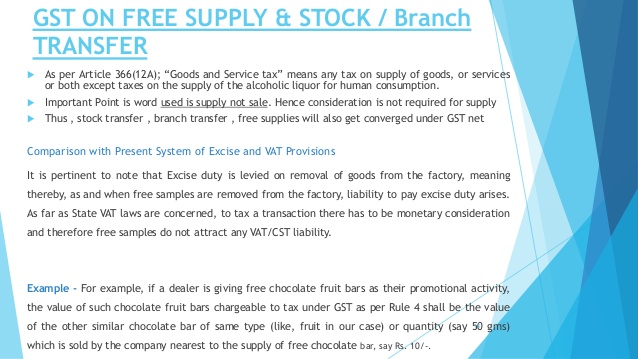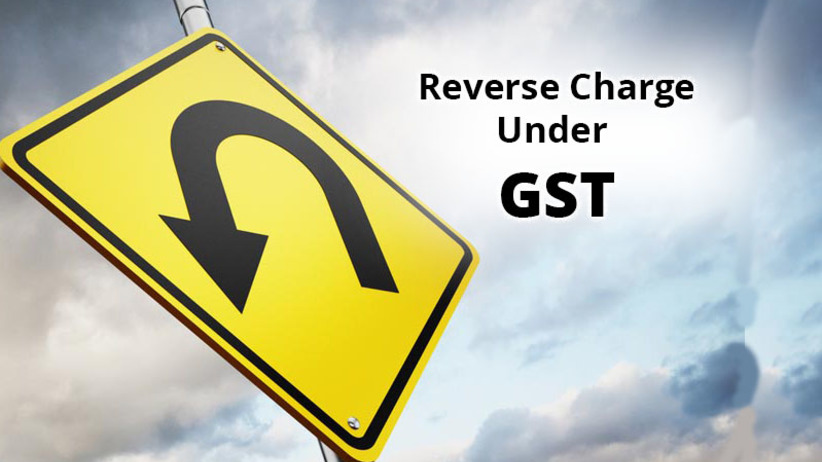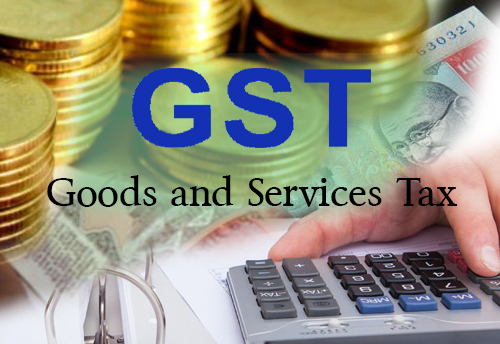CENVAT credit on rent-a-cab – hidden ambiguity that may allow credit despite of other restrictions

GST Act, ambiguities, GST act defined, Queries on GST
- CA Venkata Prasad
Denying of CENVAT credit on service of rent-a-cab is favourite to revenue officers. For the period upto 01.04.2011, courts/tribunals allowed the credit however with advent of specific exclusion in the definition of ‘Input service’ so as to disallow the credit on rent-a-cab services, most of the assessee’s became ineligible for the credit from the year 2011 onwards.

The relevant part of ‘input service’ definition reads as under:
“(B) services provided by way of renting of a motor vehicle, in so far as they relate to a motor vehicle which is not a capital goods”
Thus the eligibility is linked with definition of ‘capital goods’ and in short, credit of rent-a-cab is eligible if the cab is capital goods.
And the relevant parts of ‘capital goods’ definition reads as under (as relevant to cab/motor vehicle):
“(C) Motor vehicle designed to carry passengers including their chassis, registered in the name of the provider of service, when used for providing output service of –
(i) Transportation of passengers; or
(ii) Renting of such motor vehicle; or
(iii) Imparting motor driving skills;”
As seen from the above, to treat cab (motor vehicle that transports passengers/persons) as capital goods, there are twin conditions to be met
- cab should be used for provision of specified services
- it should be registered in the name of service provider
On reading of ‘CG’ def, it is clear that if the vehicle is registered & used for provision of specified services then cab is ‘CG’ in all other cases it is not ‘CG’, which gives impression that manufactures will never get credit of excise duty paid on such passenger motor vehicle even if they used solely for factory.
Further in case vehicle was taken on financial lease basis and vehicle is registered in the name of ‘financier’ then even vehicle is used for providing specified services, it will be not be a ‘CG’ in the hands of assessee owing to mandate of registration in the name of service provider’ in the ‘CG’ def. Hence duty paid on such financed vehicle becomes cost & may require to be factored in lease instalments.
As stated supra the IS def was linked to ‘CG’ def which leaves impression that credit of service tax paid on cab rentals charges will be eligible if the cabs are ‘CG’ but there seems to be some anomalies here as the definitions of ‘IS & ‘CG’ were not synchronized properly.
One of condition to treat cab/vehicle as ‘CG’ is that it should be registered in the name of ‘service provider’. The question now arises is that vehicle can be registered in the name of service provider only if he is the owner and once he owns it then what is the need of taking the vehicle on rent basis?.
One can say this should be construed to mean that if the same person (who is taking vehicle on hire) purchases vehicle and eligible to take of credit as ‘CG’ then services of cab rentals also eligible. But mandate of ‘registering the vehicle in the name of service provider’ would block this interpretation since such registration is inescapable condition for deciding the eligibility as ‘CG’. However it may be viewed that condition of ‘registration’ shall be limited only in the context of taking ‘CG’ credit & said condition may be ignored while determining the eligibility of ‘IS’. Going by this view, credit may not eligible except to the service providers specified therein.
However there is other plausible view is that the eligibility of ‘CG’ (including registration) shall be seen in the hands of person providing the service of ‘cab rental’ and not in the hands of person receiving the service. If this interpretation is adopted, most of the assessee’s (including manufactures) would get the credit. Here assessee should check every time whether vehicle registration was in the name of his vendor.
With the above possible contrary views, still there are possibilities of getting CENVAT credit on rent-a-cab service even after 2011 amendment. With a view not to loose the credit especially due to one year time limit, it is advisable to avail credit initially & reverse it under protest with intimation to department. After expiry of certain period, same can be availed back.
(For any feedback/queries mail to [email protected])
CA Venkata Prasad P: Qualified as chartered accountant and pursuing LLB. Presently working in Hiregange & Associates, Hyderabad. Contributed articles to professional journals like Excise law times, Service tax review, Taxmann etc., Appeared before various tax authorities and assisted CA Sudhir V S in representing before Customs, Excise And Service Tax Appellate Tribunal (CESTAT). He has also completed Indirect tax certification course conducted by ICAI.
He can also be contacted as FB: https://www.facebook.com/vnktpsd
Mail: [email protected] or [email protected]
Mob: +91 8978114341


 Sales Tax For E-Commerce: 3 Things Small Businesses Should Know
Sales Tax For E-Commerce: 3 Things Small Businesses Should Know  What Is The GST Liability on Free Supply of Goods and Services?
What Is The GST Liability on Free Supply of Goods and Services?  Some FAQs about GST- Understanding Scope and Provisions of GST
Some FAQs about GST- Understanding Scope and Provisions of GST  Understanding the Reverse Charge mechanism under GST and IGST?
Understanding the Reverse Charge mechanism under GST and IGST?  Pros and Cons of GST- Is Ushering in of GST worth Celebrating as media wants us to believe?
Pros and Cons of GST- Is Ushering in of GST worth Celebrating as media wants us to believe?  Arrests and Detention Provisions under GST in Detail- Are these justified
Arrests and Detention Provisions under GST in Detail- Are these justified  ITAT Amritsar: No Section 269SS Violation for One-Time Cash Payment Before Sub-Registrar
ITAT Amritsar: No Section 269SS Violation for One-Time Cash Payment Before Sub-Registrar  Tax Officials Unleash Digital Dragnet: How New Raid Powers Redefine Privacy, Property Rights in India and likely to Fuel Corruption
Tax Officials Unleash Digital Dragnet: How New Raid Powers Redefine Privacy, Property Rights in India and likely to Fuel Corruption  Income Tax Department Rewards for Reporting Tax Evasion: A Comprehensive Guide
Income Tax Department Rewards for Reporting Tax Evasion: A Comprehensive Guide  Forfeiture of Gratuity by Employer- What are the Remedies for an employee- Can employer be challenged?
Forfeiture of Gratuity by Employer- What are the Remedies for an employee- Can employer be challenged?